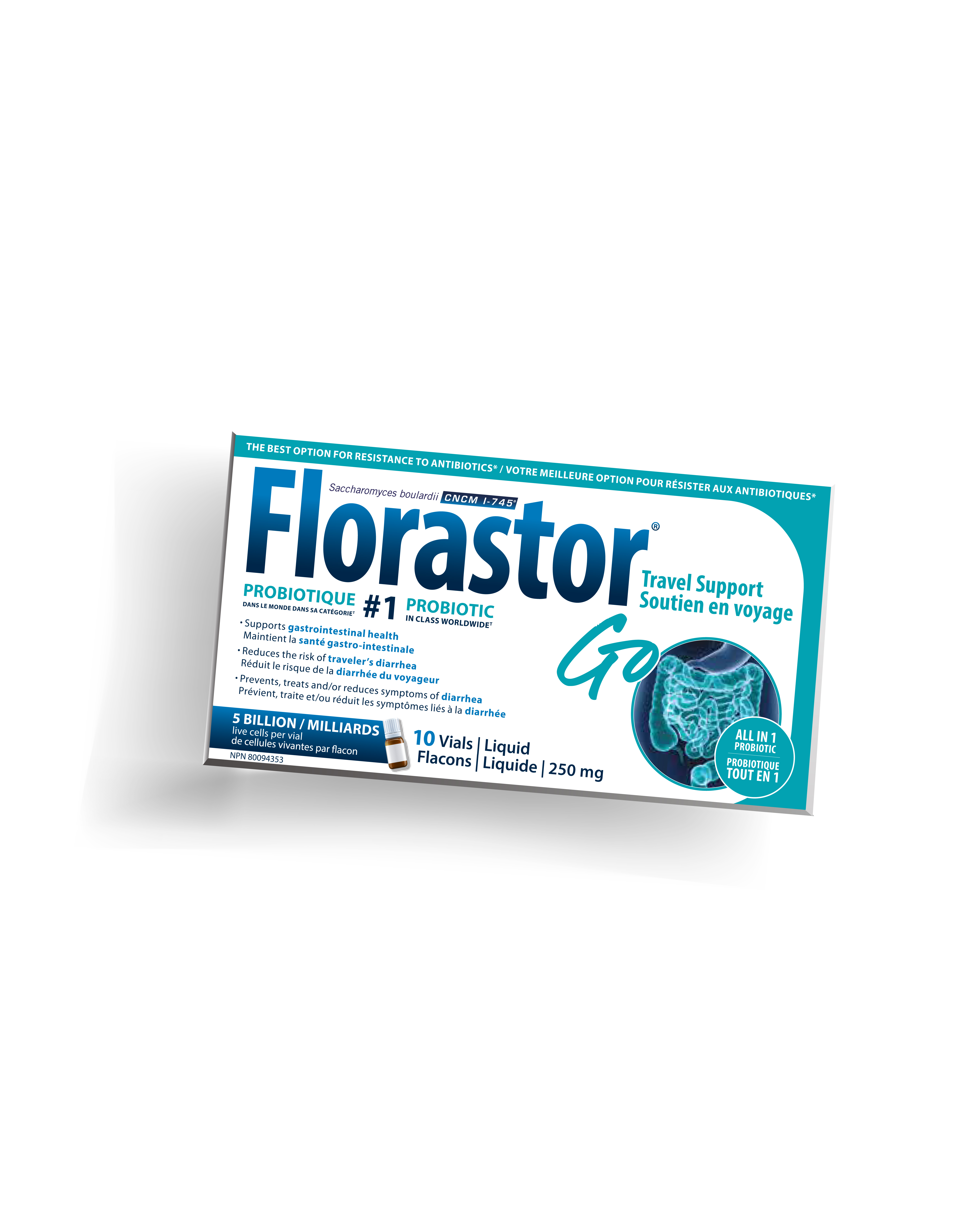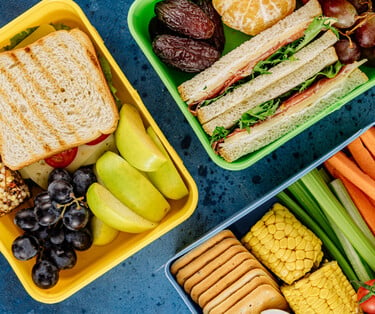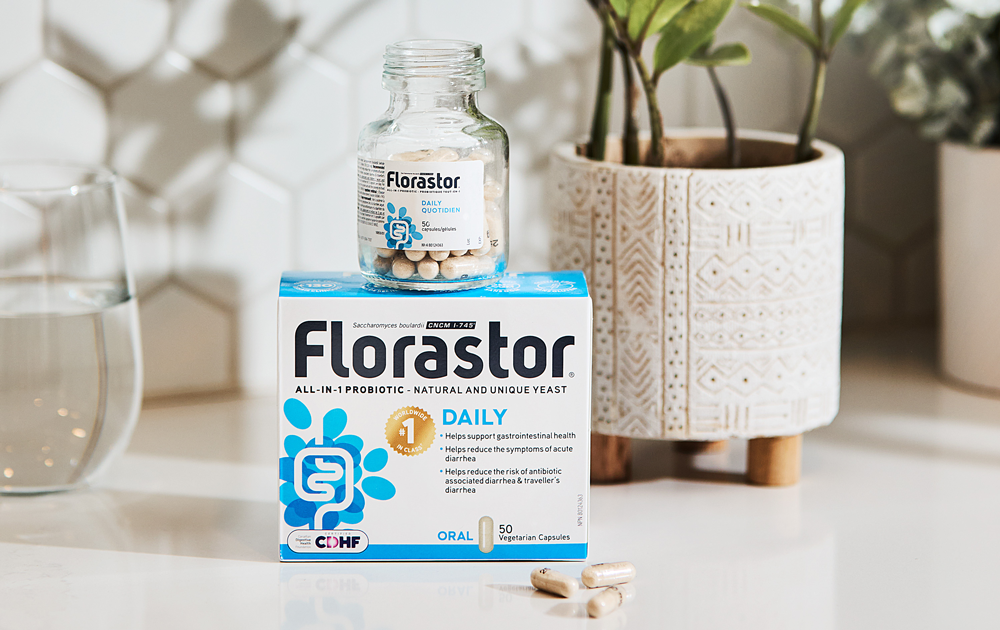Athletes: the importance of your microbiota
Athletes, it is to your advantage to take care of your intestinal microbiota! A healthy gut microbiota contributes to the proper functioning of your immune system, vitamin metabolism, sleep, energy levels and even motivation.
The intestinal microbiota influences your athletic performance, but that's not all. The microbiota-sport relationship goes both ways since physical exercise influences the composition and balance of the gut microbiota. Indeed, studies have shown it for a long time: the practice of regular and moderate physical activity increases the diversity of the microbiota, protects the intestinal wall, and reduces inflammation, in short, has a positive impact overall.
"Too much is like not enough"
Not doing sports or, on the contrary, doing too much, harms the balance of the intestinal microbiota. During intense physical activity, the blood circulation in the intestinal wall is reduced, because the blood must go first to the muscles subjected to the effort. It is then less oxygenated, which causes damage to its cells. It would therefore become more fragile and permeable to pathogenic microorganisms. The cramps, nausea, and diarrhea that endurance and ultra-endurance athletes sometimes experience are partly explained by this phenomenon.
Diet advice
Athletes, remember this: to help prevent gastrointestinal discomfort and to promote your performance, you must pamper your intestinal microbiota. Strengthening your intestinal health on a daily basis, and even more during training or intense events is a priority.
To do this, eat a wide variety of foods and especially lots of fruits, vegetables, whole grains, and also legumes, fish, nuts and seeds. Dietary fiber, good fats and the antioxidants they contain promote the production of short-chain fatty acids (SCFAs) which help in various ways to protect the intestinal wall and prevent inflammation. This is one of the known mechanisms, but there are others.

As a probiotic, Florastor Go is an ideal solution. It contains the unique Saccharomyces boulardii CNCM I-745 strain, studied in over 100 clinical studies for over 65 years. Not only does it help support the immune system, gastrointestinal health and prevent imbalances, it's designed for those with an active lifestyle.
Their ready-to-drink format is convenient and tastes great. Simply screw on the cap, release the probiotic and shake the bottle before consuming. It does not need to be refrigerated and can therefore follow you anywhere, anytime. Are you traveling to another country? Florastor Go also reduces the risk of travelers’ diarrhea.
When we feel good, we don't realize how important our digestive health is. It is when it derails that we take the measure of it. Intense sport is hard on the gut, and preparing for it can help reduce discomfort. Pleasure and performance are more likely to be there!
References
- O’Brien et coll. (2022) The athlete gut microbiome and its relevance to health and performance: A Review. Sports Medicine; 52 (Suppl 1):S119–S128.
- Scheiman et coll (2019). Meta-omics analysis of elite athletes identifies a performance-enhancing microbe that functions via lactate metabolism. Nat Med;25:1104–9.
- Shing et coll (2014). Effects of probiotics supplementation on gastrointestinal permeability, inflammation and exercise performance in the heat. Eur J Appl Physiol;114:93–103.
- Lee et coll (2020). Subspecies SA-03 is a new probiotic capable of enhancing exercise performance and decreasing fatigue. Microorganisms; 8(4), 545.
- Estaki et coll (2016). Cardiorespiratory fitness as a predictor of intestinal micro- bial diversity and distinct metagenomic functions. Microbiome;4:42.
- Valentino et coll (2021). Dysbiosis of the gut microbiome impairs mouse skeletal muscle adaptation to exercise. J Physiol; 599(21): 4845-63.
- Dohnalova et coll. (2022) A microbiome-dependent gut–brain pathway regulates motivation for exercise. Nature; 612 (7941):739-747.
- Diener et coll (2021) Baseline Gut Metagenomic Functional Gene Signature Associated with Variable Weight Loss Responses following a Healthy Lifestyle Intervention in Humans. mSystems 6:e00964-21.
- Hughes and Holscher (2021) Fueling Gut Microbes: A Review of the Interaction between Diet, Exercise, and the Gut Microbiota in Athletes. Adv Nutr; 12:2190-2215.
- Han, Yuan et Zhang (2022) The interplay between sleep and gut microbiota. Brain Res Bull;180:131-146.
- Hugues (2020) A Review of the Role of the Gut Microbiome in Personalized Sports Nutrition. Front Nutr;6:191.


.jpeg?sw=375&sfrm=png&q=90)


